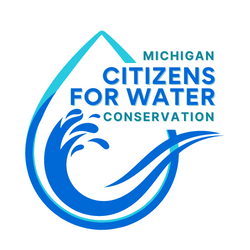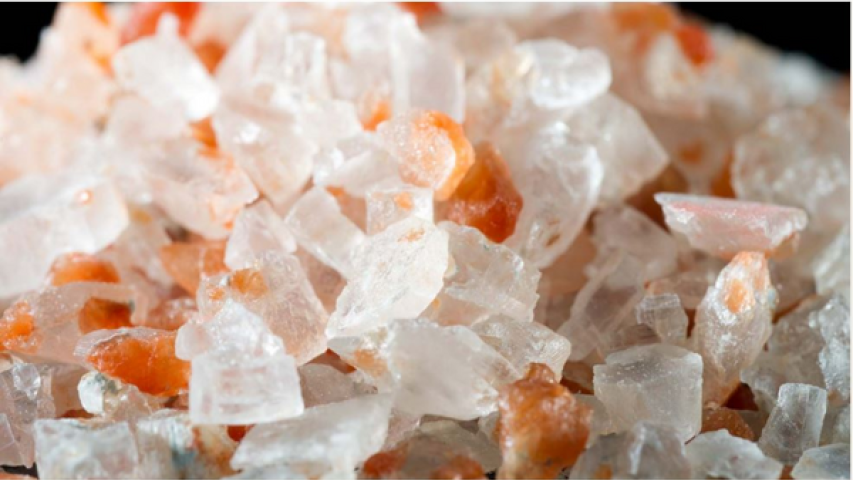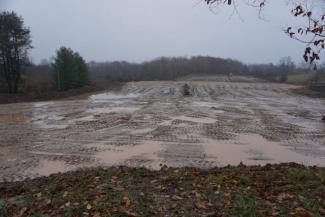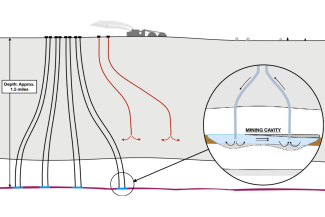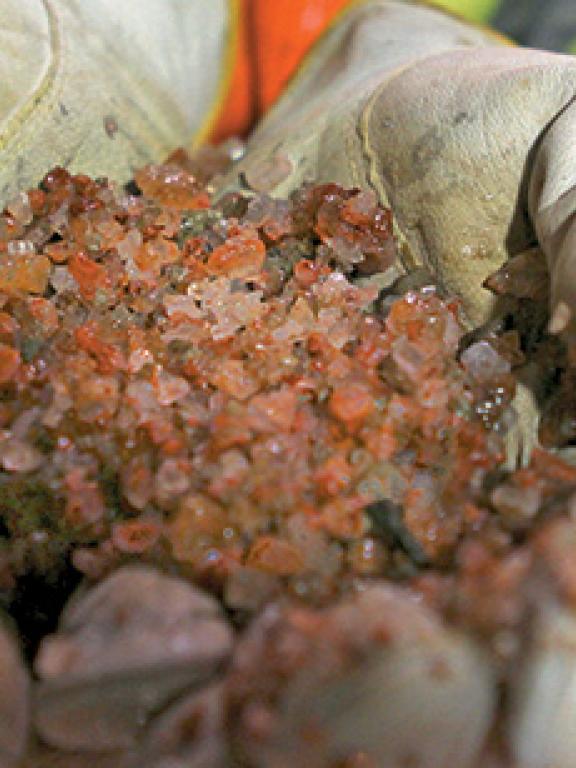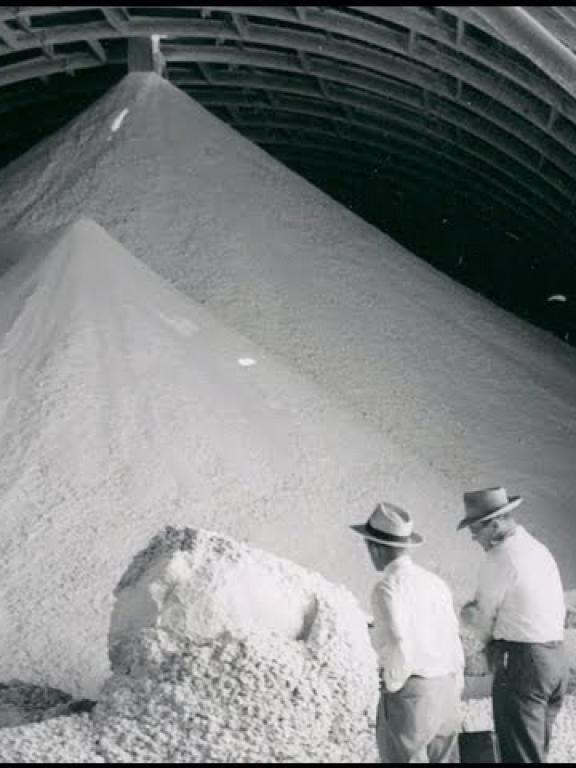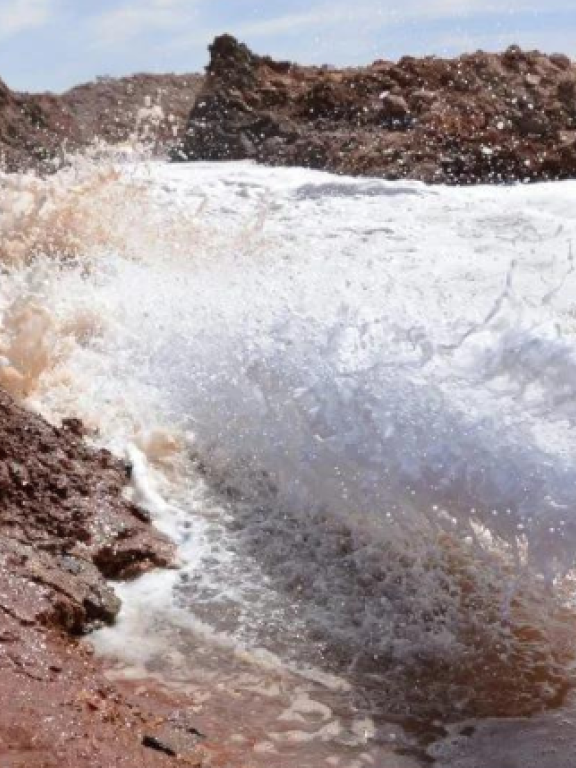Background
While this solution-mine would, at the outset, be withdrawing many times as much water as Blue Triton, even that volume will pale next to what will be taken if & when the company ever achieves “full buildout” of its project at one million tons of potash per year.
These pumping rates carry a very high potential of:
- Drawing down the water table and drying up local wells
- Salt and other minerals intruding into the aquifer from below
- Drying up local streams, lakes, and wetlands
- Reducing groundwater flows to the Muskegon River
Efforts by Michigan Citizens for Water Conservation have been the only challenges to the granting of permits to-date. The Trump administration’s EPA brushed aside concerns about aquifer depletion, leaky pipelines, and groundwater contamination and quickly granted permits for 3 deep waste-wells [while, in the process, insisting that bald eagles and Trumpeter Swans do not exist in Osceola County].
In the seeking of State permits, the Denver-based company made full use of the secrecy provisions of Michigan's Mineral Wells Act. Those provisions allow them to hide information related to mining wells from public scrutiny. This legislated secrecy displays the power of Michigan's mining industry. However, because the 3 waste-wells are not covered by those secrecy provisions, MCWC has been able to obtain a good deal of information about the company’s plans.
The company has engaged in a years-long public-relations campaign while hunting for well over a billion dollars to finance its project. Previous (and much larger) companies, even though they possessed considerable mining experience and plenty of money, gave up on potash-mining on a much larger and safer site nearby.
The company often points out that the U.S. reliance on imported potash leaves the country at the mercy of Russia & Belarus, and now the invasion of Ukraine has caused a sharp spike in prices. However, they neglect to mention that the U.S. gets 83% of its potash imports from Canada, the world’s largest producer, which is currently ramping up its production capacity. Those huge mines sit just across the border from America’s agricultural heartland and enjoy direct rail-access to it. [MPSC will lack rail-access of any kind.] Prior to the Ukraine invasion, there was a long-standing worldwide glut of potash which kept prices depressed. Long-term, we can’t see how Ukraine’s suffering will enhance MPSC’s prospects.
